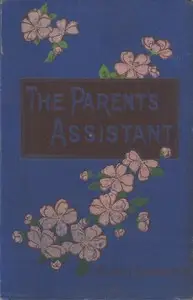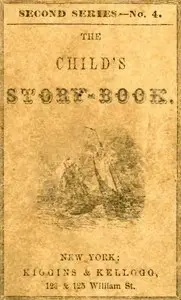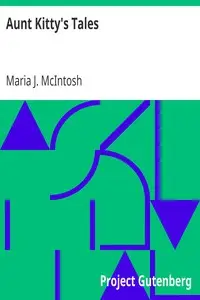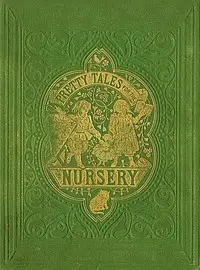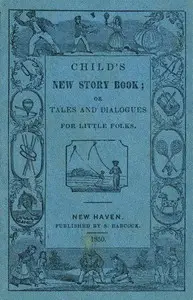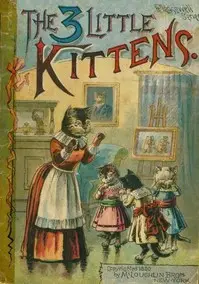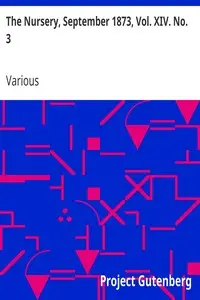"The Parent's Assistant; Or, Stories for Children" by Maria Edgeworth is a compilation of tales from the 1800s designed for young readers, highlighting the experiences of young characters as they discover the importance of values like hard work, truthfulness, and family connections. Set in the Irish countryside, the stories follow children facing difficulties and learning valuable lessons, exemplified in the opening story, “The Orphans,” where Mary must look after her siblings following their mother's death. Mary and her siblings deal with maintaining their house and holding onto their honor, supported by friendly neighbors and faced with a moral test when they find a hidden treasure. The story emphasizes the commitment to family and moral choices, indicating that stories about values, perseverance, and doing what is right will follow.
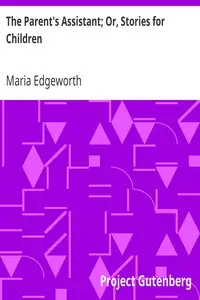
The Parent's Assistant; Or, Stories for Children
By Maria Edgeworth
In a collection of charming tales, children in rural Ireland discover the value of honesty, hard work, and family as they face dilemmas and unexpected treasures.
Summary
About the AuthorMaria Edgeworth was a prolific Anglo-Irish novelist of adults' and children's literature. She was one of the first realist writers in children's literature and a significant figure in the evolution of the novel in Europe. She held critical views on estate management, politics, and education, and corresponded with some of the leading literary and economic writers, including Sir Walter Scott and David Ricardo. During the first decade of the 19th century she was one of the most widely read novelists in Britain and Ireland. Her name today is most commonly associated with Castle Rackrent, her first novel, in which she adopted an Irish Catholic voice to narrate the dissipation and decline of a family from her own landed Anglo-Irish class.
Maria Edgeworth was a prolific Anglo-Irish novelist of adults' and children's literature. She was one of the first realist writers in children's literature and a significant figure in the evolution of the novel in Europe. She held critical views on estate management, politics, and education, and corresponded with some of the leading literary and economic writers, including Sir Walter Scott and David Ricardo. During the first decade of the 19th century she was one of the most widely read novelists in Britain and Ireland. Her name today is most commonly associated with Castle Rackrent, her first novel, in which she adopted an Irish Catholic voice to narrate the dissipation and decline of a family from her own landed Anglo-Irish class.


